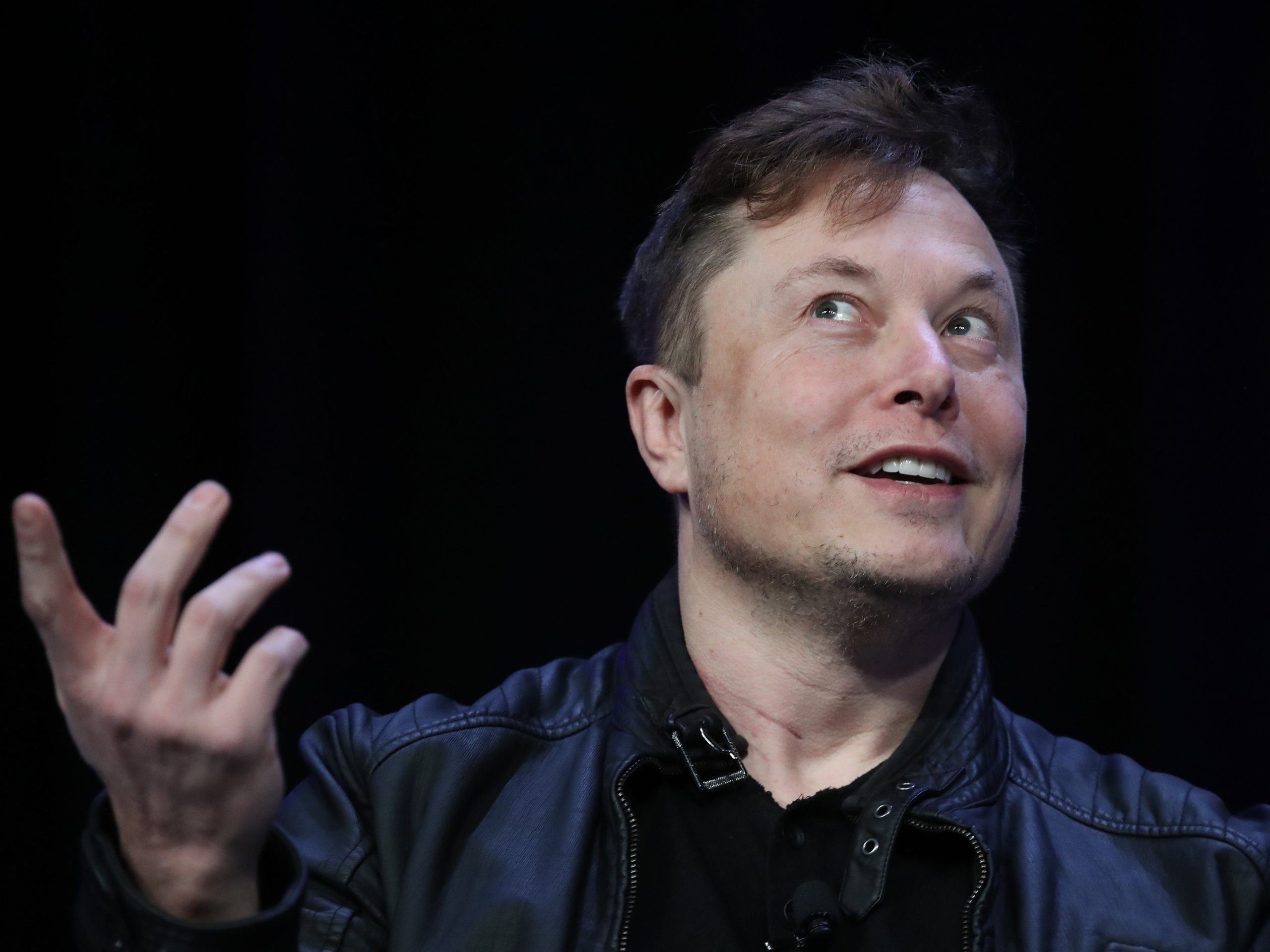Naga11 / Shutterstock.com
Twitter users and social justice advocates are expressing their opinions after Elon Musk, the prominent figure associated with the platform, declared a ban on the use of terms like “cis” and “cisgender.” In a tweet issued on June 20, Musk proclaimed that these words would be regarded as slurs on the social media app. The announcement, known for his history of stirring controversy, sparked a wave of discussions and debates among Twitter’s diverse user base.
In a surprising move, Elon Musk, decision to categorize “cis” and “cisgender” as slurs has generated a significant response from the online community. Twitter, known for being a platform that fosters open dialogue, is now grappling with questions surrounding the boundaries of language and the impact it can have on marginalized groups.
The tech mogul’s tweet on June 20 instantly triggered an uproar on the microblogging app, as users from various backgrounds voiced their concerns about the implications of such a ban. While Elon Musk, intention may have been to promote a more inclusive online environment, the decision has stirred controversy and ignited discussions on free speech and the role of platforms in regulating language.
Critics argue that labeling “cis” and “cisgender” as slurs undermines the efforts of the LGBTQ+ community in reclaiming and affirming their identities. They assert that these terms are essential in addressing and understanding the experiences of individuals whose gender identity aligns with their assigned sex at birth. Many argue that banning these terms erases important discussions surrounding gender and perpetuates a culture of ignorance.
Supporters of Musk’s decision, on the other hand, maintain that it is a step towards fostering a more respectful and inclusive online space. They say calling people “cis” or “cisgender” in a mean way is bad for trans folks. They think we need to stop the hate speech to help them and make things fair.
The ongoing debate has prompted discussions about the power and responsibility of social media platforms in shaping public discourse. While some argue that it is crucial for platforms to take a stand against harmful language, others raise concerns about the potential for censorship and the impact on freedom of expression.
As the controversy unfolds, it highlights the need for thoughtful dialogue and consideration when navigating the complexities of language in the digital sphere. The clash between differing perspectives reveals the challenges faced by platforms like Twitter in balancing inclusivity, freedom of speech, and the protection of marginalized voices.
In conclusion, Elon Musk’s recent decision to ban the use of “cis” and “cisgender” on Twitter has sparked a heated discussion on language, identity, and the role of social media in shaping public discourse. The controversy surrounding this move underscores the ongoing tensions between fostering an inclusive environment and safeguarding freedom of expression. As the debate continues, it remains to be seen how platforms and users will navigate these complex issues in the pursuit of a more equitable online landscape.



